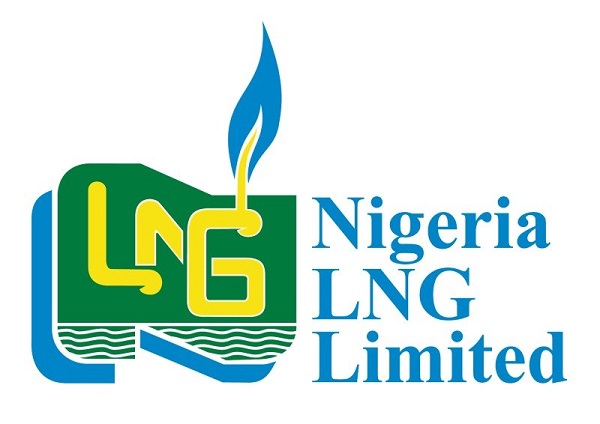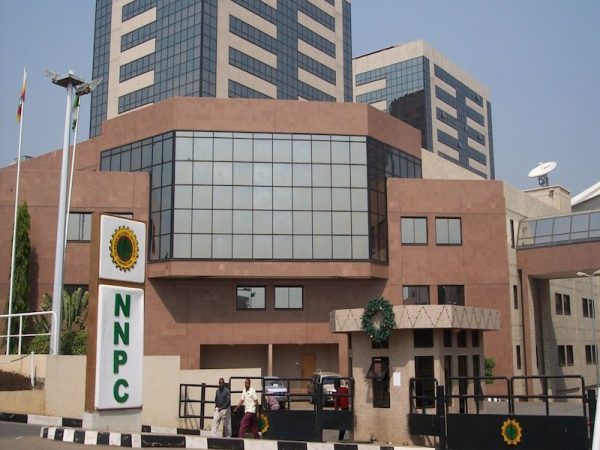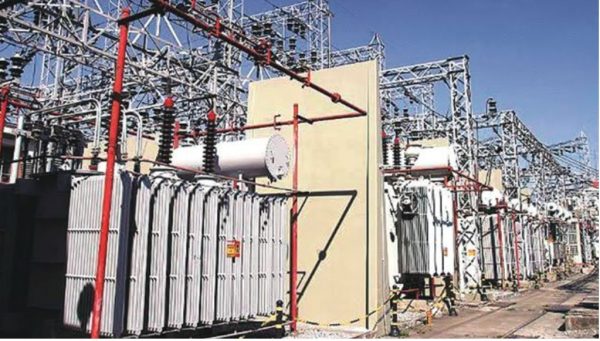NNPC Adds 215,000 bpd To Address Deficit Of Petrol

In order to address the shortfall in the supply of petrol, the Nigerian National Petroleum Corporation (NNPC) said it had resolved to add 215,000 barrels per day (bpd) refining capacity to its existing nameplate of 445,000 barrels of crude oil per day in Warri, Kaduna and Port Harcourt refineries.
The move, it noted, is through private sector driven colocation of its existing facilities in Port Harcourt Refining Company (PHRC) and Warri Refining and Petrochemicals Company (WRPC).
The Group Managing Director, NNPC, Dr. Maikanti Baru, disclosed this at the Society of Petroleum Engineers (SPE Nigeria Council) Annual Oloibiri Lecture Series and Energy Forum in Abuja.
Baru stated that additionally, the corporation through its new initiative of establishing condensate refineries with private sector participation, is providing clusters for in- country refining capacity totalling about 250,000 barrels of crude per day, which closes the petrol supply- and demand gap, and also creates positive margins to the investors.
According to him, “the country’s petroleum product demand is expected to grow from 13.2 million metric tonnes in 20I5 to 15.1 million metric tonnes in 2020 and 17.3 million metric tonnes by 2025. While the population growth corresponding to this demand is 182 million in 2015, 207 million in 2020 and 234 million in 2025 respectively. The average population growth rate is three per cent per annum.’’
The GMD revealed that Nigeria will need a refining capacity of 1.52 million barrels per day of crude oil in order to meet its petrol requirement by 2025. Noting that this capacity requirement includes Dangote’s 650, 000 barrels per day refinery, which leaves a short fall of 20 million liters, that is equivalent to 427,000 barrels per day.
“In order to address this shortfall in PMS demand, NNPC is adding 215,000bpd to the existing nameplate capacity of 445,000 barrels per day.
“There is an emerging class of new producers within the oil and gas industry, who are primarily local independents with a non-diversified portfolio and lean balance sheet or required track record to raise substantial funds. They have become important because approximately 15 per cent of both crude oil and gas reserves and national production lie in their hands.”
He observed that there is increasing global competition on Nigerian crude oil due to the rise of new production centres across the globe particularly in Africa and Argentina, adding that these portend a new dimension to the Nigerian oil and gas industry.
“Nigeria therefore, needs to unlock new barrels as quickly as possible to stay relevant in the new emerging world. Without adequate funding we cannot meet the targets”, he stated.
Baru informed that despite abundant oil and gas reserves, Nigeria experiences shortages in electric power and based on Nigeria‘s energy consumption current and forecast statistics showed an increase from 6,000 megawatts in 2015 to 30,000 megawatts by 2025.
He further stated that the primary source of the current power supply is hydro and gas, saying that the future consumption, which is expected to drive growth by 2025 would need aggressive development of gas and renewables projects to meet the exponential demand.
Baru, however, said that it is quite an exciting time ahead for the Nigeria Oil and Gas Industry, saying the industry is funding both development and infrastructure through automotive means.
He expressed NNPC’s appreciation for the cooperation of its partners, government and financiers towards moving the industry forward, stating that the corporation’s goal remains value delivery.








